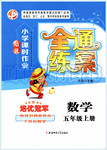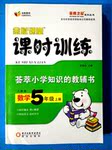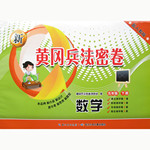题目内容
第三节 完形填空 (每小题1分)
通读短文,掌握其大意,然后选择能填入相应空白处的最佳答案。
During the past hundred years, the railway, the car, the radio, the cinema and now the TV, have produced very 1 changes in the amusement (娱乐活动) with which people pass their 2 time.
A hundred years 3 , people were in the habit of making their own amusements. When a group of people 4 together, they talked, played cards or other games, read aloud to each other, or went out riding, shooting or walking. Most people could sing a little or play 5, so at a party the guests amused each other. Above all, conversation was an art. Amusing conversation could 6 people happy for hours.
As for games, 7 football and tennis, people were also in the habit of playing them themselves. Most of them did not play very well, 8 they amused themselves and their friends. Nowadays we are amused 9 professional (专业的) singers or players. 10 listen to your friends singing when you can hear the great singers of the world over the radio or on TV? What about playing football with players who 11 very good at it when you can see some of the best players playing an important match? You may just sit comfortably 12 and watch the game without the trouble of going outside.
The art of conversation and the habit of playing and singing are dying. People are becoming more and more lookers and listeners, and 13 doers and talkers. This change does more 14 to people than good. It is better to do something not very well oneself than 15 to sit and watch others doing it.
⒈ A. great B. much C. well D. big
⒉ A. busy B. free C. work D. day
⒊ A. later B. before C. ago D. passed
⒋ A. came B. got C. worked D. put
⒌ A. basketball B. the basketball C. piano D. the piano
⒍ A. keep B. made C. bring D. let
⒎ A. for example B. such as C. like D. for
⒏ A. and B. for C. but D. so
⒐ A. of B. on C. in D. by
⒑ A. Why not B. Why don’t C. How about D. What about
⒒ A. is B. are C. is not D. are not
⒓ A. at a cinema B. at school C. at home D. in a park
⒔ A. much B. little C. more D. less
⒕ A. harm B. harmful C. bad D. badly
⒖ A. sometimes B. always C. usually D. never
1-5 ABCBD 6-10 ABCDA 11-15 DCDAB

 小学课时作业全通练案系列答案
小学课时作业全通练案系列答案 金版课堂课时训练系列答案
金版课堂课时训练系列答案 单元全能练考卷系列答案
单元全能练考卷系列答案 新黄冈兵法密卷系列答案
新黄冈兵法密卷系列答案